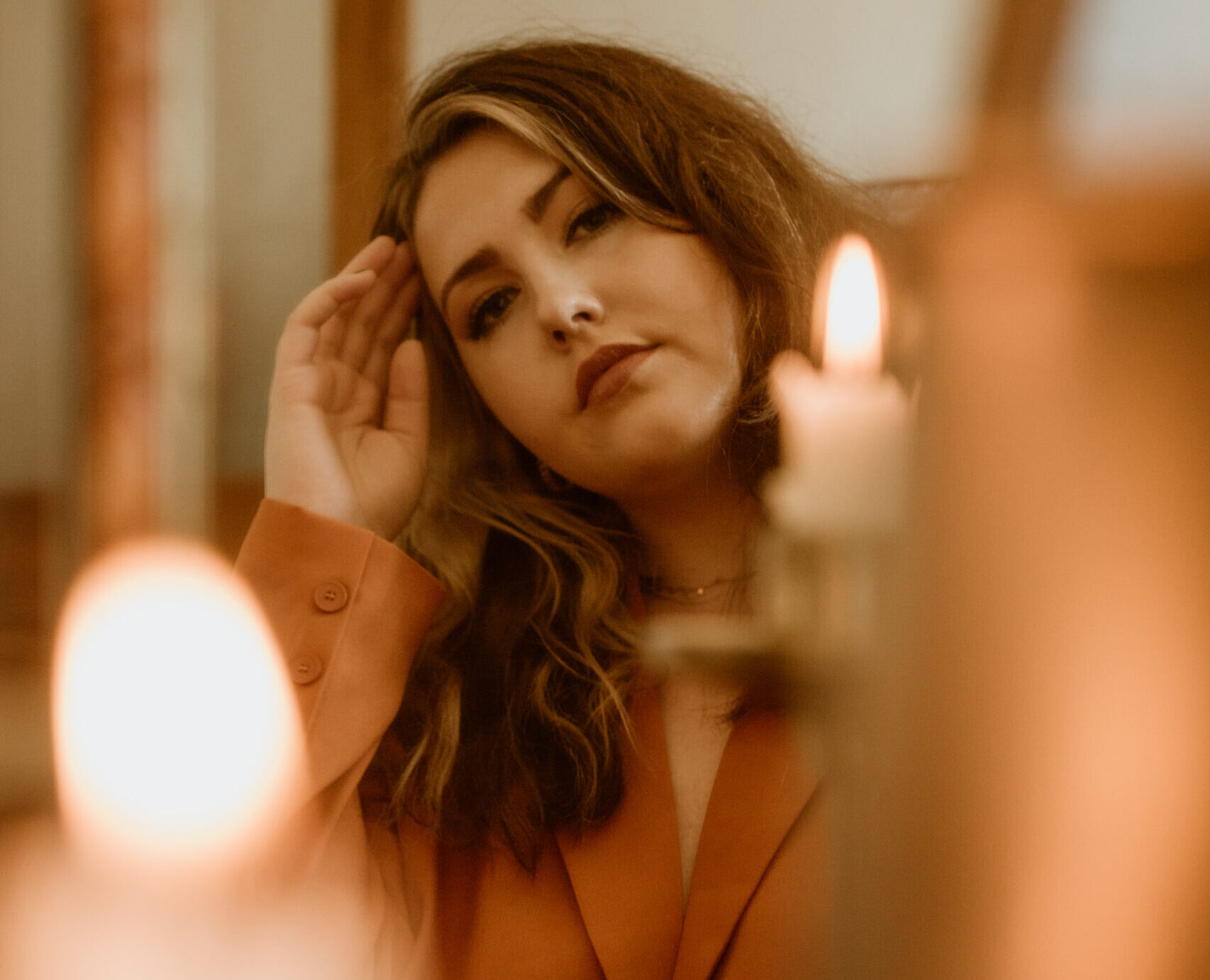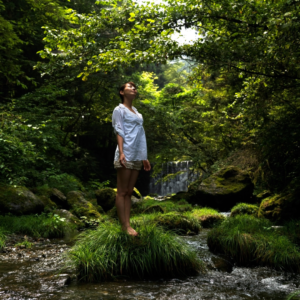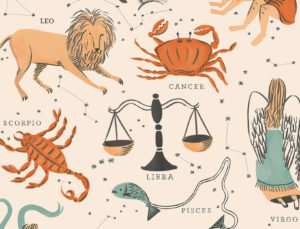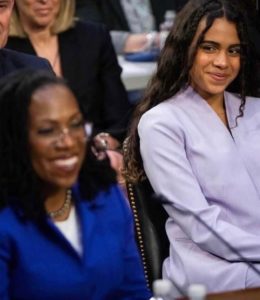Morgan Thomas’s journey is a testament to resilience and the power of self-discovery. Battling severe depression, anxiety, and PTSD during her college years, she found herself in a dark place, grappling with the weight of her mental health challenges. Yet, even in those moments of despair, Morgan held on to the hope that once she completed her degree, she could focus on healing. Through therapy, reconnecting with her body, and eventually sharing her truth with others, Morgan has transformed her pain into purpose. Now a therapist herself, she draws on her experiences to help others navigate their own paths to self-acceptance and healing. Morgan’s story is a reminder that even in our darkest times, there is a light that can guide us back to ourselves.
Can you describe a specific moment during your darkest times that was particularly challenging?
In undergrad I was battling severe depression, anxiety, and PTSD. I remember receiving a PTSD diagnosis and feeling so much relief because it felt like I lost myself. I had a word to help provide a framework of what I was going through. I remember experiencing suicidal ideation for the first time in my life and it scared me. I went from being such a happy, bubbly person to not knowing who I was or why I should continue living.
I had to keep working and going to school though because I didn’t know what my other options were. I had to keep paying bills and I kept telling myself, “Once I get this degree I can focus on my healing.”
My college years were definitely the darkest years of my life. I look back and want to love on that version of myself. She was really hurting.
How did your experience with PTSD impact your daily life and academic performance?
My symptoms were so intense at times that I did the bare minimum. I wasn’t trying to meet new friends or go the extra mile to talk to professors. I showed up to my classes, completed my assignments, and kept my eyes forward on my next moves.
I did have a great academic experience but the tricky part about trauma is survivors tend to isolate. In order to deeply heal trauma we have to heal in community though. My therapist at the time kept encouraging me to incorporate group therapy. I didn’t end up doing it because I was in full hermit, isolation mode. I remember feeling so pissed off at him because I wasn’t ready to be around other people.
The only reason I didn’t fully isolate during that time was because I lived with 4 other girls and one of those people was my best friend. I often was annoyed at the level of socialization that happened in the house but it was absolutely what I needed during that time. I was like a dark rain cloud and being “forced” to engage in college fun was good for me when I was going through it.
What role did your personal therapy play in your journey towards healing?
Therapy was the gateway into the other healing modalities I would incorporate years later. Therapy was the only resource I knew about to help with the depression and anxiety I was facing in my earlier 20s. The first therapists I had were graduate students also becoming therapists and they are people I will never forget.
Those healing spaces were lifelines for me. I was able to identify I’m a survivor of sexual assault and that was something I never had language for until I went to therapy.
Therapy was also a huge catalyst to exploring my sexuality.
How did reconnecting with your body help in your recovery process?
I used to disassociate every day and no amount of talk therapy was helping me come back into my body. There are times I would be so spacey and think, “I don’t even know who I am right now.” Yoga, energy work, and meditation are some of the biggest tools I used to help me find my way back into my body. Talk therapy is important but talking is limiting when you have C-PTSD. I still utilize yoga and meditation weekly if not daily to continue supporting my trauma symptoms.
In what ways did sharing your truth with others contribute to your healing?
I started a Substack this year and it has been both challenging and rewarding in my healing. On one hand I feel liberated to speak my truth and to challenge being the “good girl” that I was raised to be. On the other hand I feel vulnerable and often have a part of me that is constantly asking, “Are we sure this is what we should do?” I know writing and expressing myself is the “right” thing because of how I feel afterward. It also is affirming when I receive feedback from others that what I’m sharing resonates with them. Every time I post or write about something taboo it allows my inner child to feel safer to express herself. For so long the message (both implicit and explicit) was: “Keep this part to yourself.” I refuse to stay hidden for other people’s comfort.
How has your role as a therapist influenced your personal healing journey?
I learn a lot of lessons from my clients, especially around self-compassion. I will hear about clients internalized voices with stories that are not kind.
I always bridge the conversation around acceptance and self-compassion with my clients. I will then find myself having my own mean narrative about myself and I’m like, “Okay…what would I tell my clients right now?” My clients help normalize the human experience and that the brain is a tricky place to be. I’m always learning as both a therapist and a human.
What was the process like for you coming out as bisexual, and how did it impact your self-acceptance?
My self-acceptance increased the second I started intentionally exploring through dating apps. Every time I spoke the scary phrase of, “I might be bisexual,” I breathed a little deeper. My mind became a little clearer because I was integrating a piece of me I suppressed. Coming out was difficult because in a lot of situations I had to choose myself or the connection to the person who wasn’t accepting. I had a lot of grace for people who didn’t understand and took the time to understand. However, I eventually had to come to terms with the people who didn’t want to accept my queerness. I’ve done a lot of learning and personal healing to know that people’s rejection of my queerness is simply a rejection of themselves. If you love and accept yourself then you love and accept other people. Period.
How do you balance supporting others with your own need for self-care?
This was a hard one because most of my life I’ve self-sacrificed. That is something I really discovered in my first year of therapy. I remember a reiki teacher told me, “I can’t save people.” I felt defensive about that message but now I understand what she was telling me. You can only do what you can do. I have pretty rigid boundaries when it comes to my time in my career. I will support you to the best of my ability but I will not go past time or out of my scope of practice.
In short, boundaries boundaries boundaries. Boundaries are the “not so pretty” part of self-care. I refuse to participate in unpaid labor or overextend myself, but this is because I’ve had a lot of hard lessons in this area of life. Standing up for yourself is self care.
Can you share any specific strategies or practices that helped you in your journey of self-acceptance?
Listening to other people’s stories has been significant when healing from traumatic experiences. It doesn’t matter what you’ve been through. There is always at least one other person who can relate to that specific tragedy. Sharing my own story in safe spaces with people I trust was a great first step. One of the most profound parts of accepting ourselves is watching other people accept us. If your friend loves you for all of you…then you sure as hell can accept all parts of you. Inner child work and intentionally “meeting” my inner child has been quite beneficial as well. Sometimes there’s an adult need I have but a lot of the time it’s my inner child who needs to communicate something to me. I treat myself like I am a small child. I want to offer myself softness and gentleness because that is how we can truly accept our big feelings.
What advice would you give to someone who feels overwhelmed by their personal challenges?
Reach out for support and be honest with yourself. We all have different thresholds of what we can handle and you shouldn’t compare your journey to anyone else’s.
How did you manage to achieve academic success while dealing with PTSD?
I have to laugh at this question because I’m still wondering how I did that as well. Honestly…I think it’s because I had years of practice. I didn’t realize it as a child but I was going through trauma while also thriving in extra curriculars and school. The education system and living within capitalism sort of “trains” you to put emotions aside and achieve academic success.
Of course I realize the accomplishments I made and am proud of them. Absolutely. However, in hindsight grinding out 6 years of college back to back didn’t give me what I was hoping it would.
I would say having a support system and community was the biggest reason I was able to finish my degrees while struggling mentally. And honestly having a spiritual connection to something bigger. (God, Universe, Source…whatever)
What has been the most rewarding aspect of helping others as a therapist?
The most rewarding aspect of helping others is being able to offer a nurturing space for clients. I pride myself on being empathetic, non-judgmental, and warm with my clients. I always try to thank my clients for their vulnerability because it’s never lost on me how brave it is to show up to therapy. This shit is hard work!
How do you stay motivated and focused on your goals, both personal and professional?
I have a vision and I try to keep my eye on the “prize.” I try to surround myself with other people who are goal oriented and want to know themselves deeper. It’s important to surround myself with people who have similar values and who overall want a better, healthier world. Whenever I am feeling lost I try to look back at past versions of myself and see how much I’ve already accomplished.
What resources or support systems have been most beneficial to you?
Therapy and sharing my life online has been super supportive. I have met so many great people and practitioners through the internet.
How do you envision your future, and what are your aspirations moving forward?
I want an in-person healing practice in Colorado. That is my long-term goal and something I am always working toward. I would love to be a leader in my community and offer a healing space for trauma survivors and LGBTQIA+ people. I envision a future that is playful, fun, and with a lot of laughter. Healing is hard….yes. I also believe that we heal through laughter and play as well.
It is my biggest goal in life to become a published author. That is my absolute dream.
Personal Instagram, Threads, and TikTok: @morganonealll_
Substack: The Bisexual Agenda
Website: www.growingrosetherapy.org






